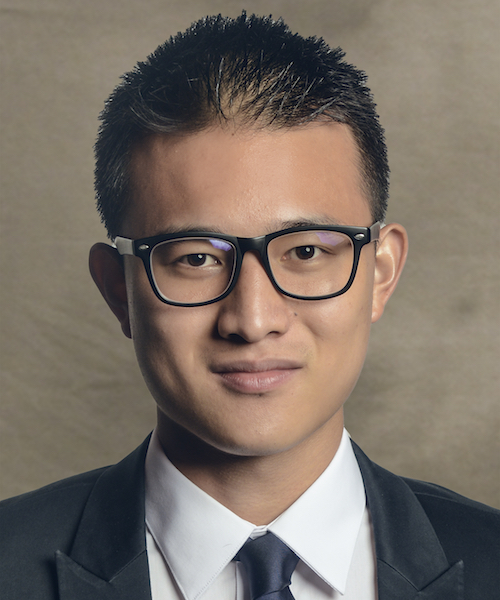
For Better or Worse: New Perspectives and Relationships
Caleb Huffman | November 30, 2016
Responding To: How U.S.-China Young People's Perspectives Influence Critical Global Issues
Amy Duan
University students are a group of people that will soon become the salt of the earth. Absorbing knowledge and information at a fast rate, we are more or less familiar with the hot global issues and are concerned with peaceful development of the global community. In my opinion, there are two unique perspectives that American and Chinese university students add to the discussions of critical global issues.
First, being critical observers of both Chinese and American policies addressing global challenges, we are able to identify the common goals between the U.S. and China despite the different approaches we take to maintain global peace and development. As we are not government or business leaders, we are not direct stakeholder of certain policies, thus we are less constrained by self-interest when discussing cooperation. What’s more, students who have had the experience of studying abroad will get a chance to really know the other country and look at their own country from an outsider’s view. All of this result in relatively objective and introspective perspectives when discussing global issues, which is conducive to cooperative approach. As stated in the work of other student fellows, issues of our shared concern such as developing Africa and the North Korean conundrum would be better addressed if we recognize the drawbacks of our own approach, make compromises and adjustments, and further develop a synergic approach.
Second, being directly involved in some cooperation programs between the U.S and China, such as working or interning in certain international NGOs or companies, we can discover new issues emerging in the world that is unnoticed by the political circles or business world. Such grass-roots experiences may also help us propose creative, down-to-earth suggestions for addressing critical global issues. One example would be Sam and Andrew who worked as “Teaching For China Fellows”in Yunnan province, China. During their two-year teaching experience in rural areas, they were bothered a lot by the noisy, non-cooperative students in class. They finally discovered the problem with these left-behind children in China -- uncorrected poor vision, which is actually the most overlooked problem in the field of education all over the world. To help these children, Sam and Andrew founded their own NGO “Education In Sight” in 2012, since then has screened over 76,000 students and delivered 11,239 pairs of free eyeglasses. Based on the two unique perspectives, I believe there are two specific ways for young people from both sides to help with improving U.S.-China collaboration in addressing global challenges.
1. Be Keen Observers and Bold Advocates
The first thing we can do is to pay close attention to global issues and make constructive suggestions to governments and other policy-makers. Young people from both sides must shoulder this responsibility, no matter what we are learning and what careers we pursue. We can actively participate in US-China cooperation programs and make use of the first-hand experience to make sound observations and creative recommendations. We can also take advantage of our professional strengths to discover potential areas of cooperation and develop cross-industry ways to cooperate.
2. Be Communicators Between China and the United States
As Vicky Gu stated in her essay, “Every time I think I know Chinese culture, I learn yet more.” I totally agree with her that China and the United States don’t fully understand each other. That’s why there are disputes and hostility between us on many global issues even when we share the same goal. As a Chinese student majoring in Chinese-English translation, I always feel a sense of mission to translate and interpret more between the two languages and cultures. I hope more young people from both sides will join me as “translator” or “interpreter” of policies, national conditions and cultures between the two countries.
China is playing more and more important role in the international arena, but I believe also facing a series of resistance and difficulties as a result of prejudice and misunderstanding. On one hand, Chinese young people should try to provide the world a real and comprehensive picture of China without any reservations. This could be done on a daily basis through people-to-people diplomacy. On the other hand, I encourage more of my US counterparts to visit China and get a full understanding of China’s complex situation (the 100,000 Strong Initiative is a prime example). In this way, those future leaders will be more empathetic when they make China-related policies.
Amy Duan is currently pursuing her master’s degree in translation studies at Beijing Foreign Studies University.

Caleb Huffman | November 30, 2016

David Lysenko | November 30, 2016

Richard Chang | November 30, 2016

Vicky Gu | November 30, 2016

Yuqian Zhang | November 30, 2016

Yuwen Long | November 30, 2016

Zhihang Du | November 30, 2016

Clay Garner | November 29, 2016